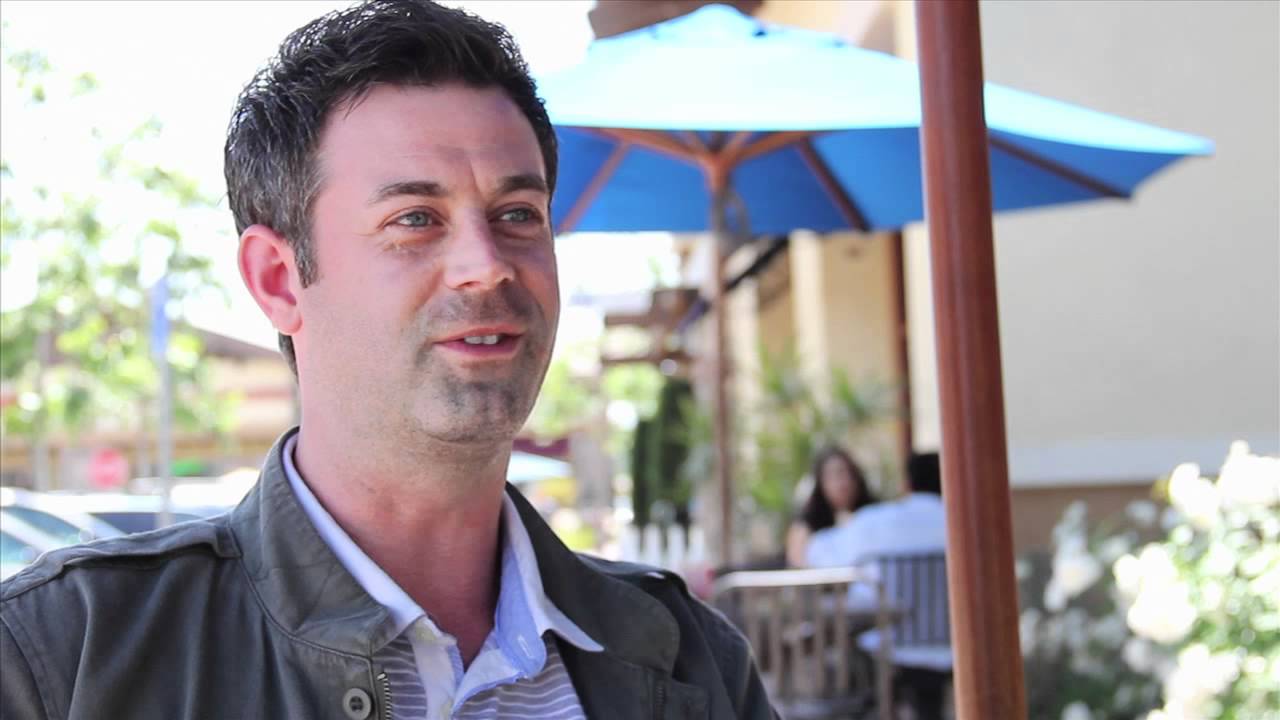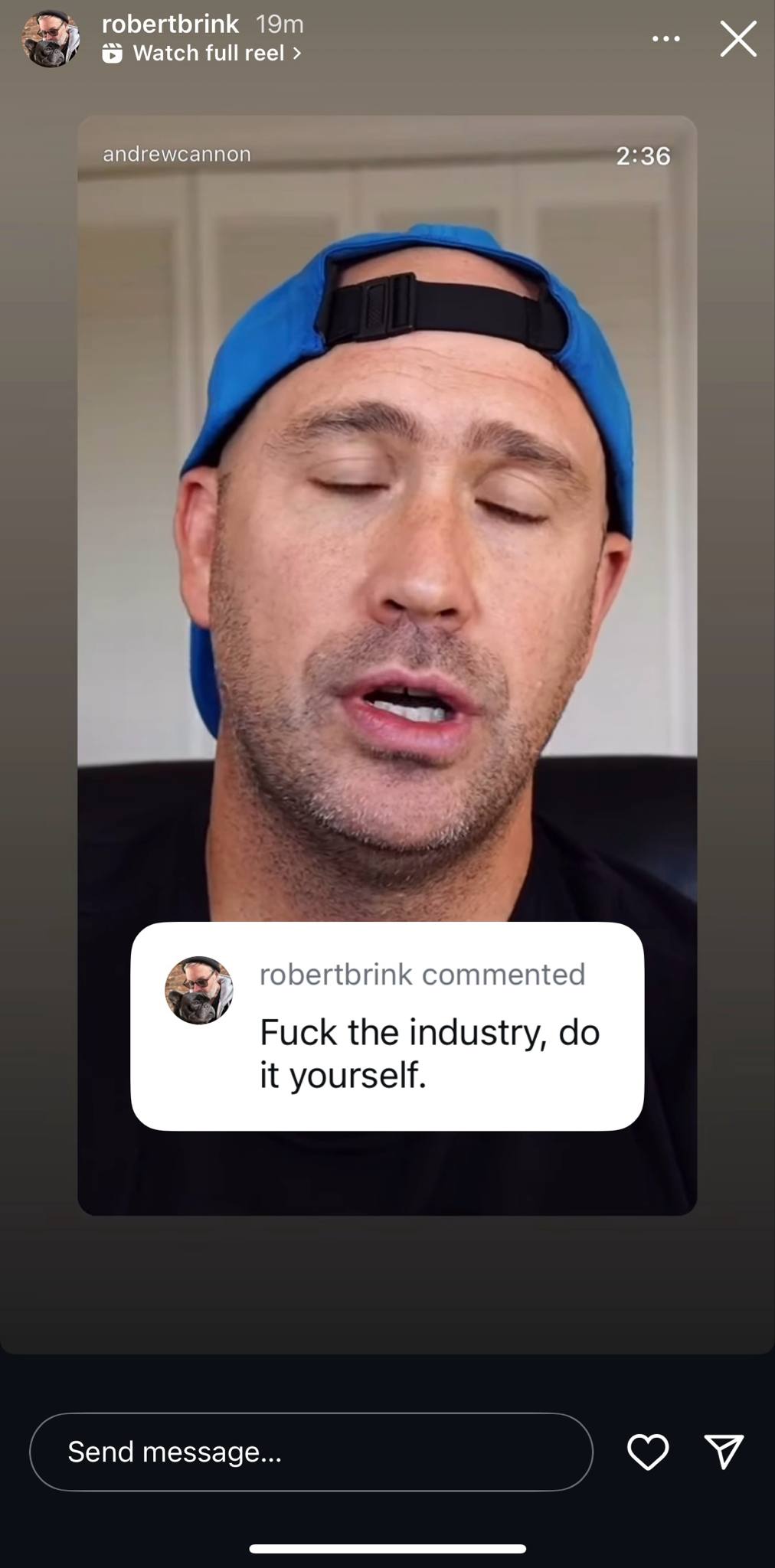
The skateboarding world has always been full of strong opinions and outspoken voices but every once in a while, someone drops a statement that really sticks.
Earlier this week, we reported that Andrew Cannon, ex-pro skater, longtime Santa Cruz brand manager, and genuinely one of the most visible faces at NHS had been let go, the news blew up fast.
It wasn’t just an internal reshuffle or some quiet move behind the scenes. This hit home for a lot of people.
Cannon had become a go-to presence in skate media, especially through his work on Santa Cruz’s YouTube channel, hosting trick walkthroughs and interviews while keeping things light and inclusive.
Skaters, fans, and industry folks poured into the comments on social media with mixed reactions. Some were shocked, some confused, and a lot of people just seemed disappointed.
The whole thing sparked a wider conversation about how the skateboarding business really works these days - who gets to stay, who gets pushed out, and why.
Enter Robert Brink. If you’ve been around skateboarding for a minute, you probably remember Weekend Buzz. A no-frills interview show where Brink and Lee Dupont sat down with some of the biggest names in skating and just talked. No corporate filter, no awkward product plugs. Just skaters being honest.
Brink, who’s spent decades working in and around the industry as a writer, producer, and creative, didn’t hold back when he saw how things were playing out with Cannon. He kept it simple:
“F*ck the skateboarding industry. Do it yourself.”
That might sound dramatic to some, but to others, it felt like something that’s been boiling under the surface for years.
A lot of people have felt like the industry’s been running on auto-pilot—same faces, same marketing, same stale formula.
And when someone like Cannon, who brought personality and passion to his role, gets dropped, it makes people wonder what actually matters anymore.
Brink’s comment wasn’t just about Cannon. It was about how easy it is for skaters to feel like they're disposable in a system that often values numbers over people. It was a reminder that the skateboarding “industry” is not the same as skateboarding itself.
A lot of skaters have already been living by that DIY mindset. Whether it’s through independent board brands, self-funded video parts, or selling zines out of their trunks, plenty of people have stopped waiting for permission or validation from a boardroom. Brink just said it out loud.
Of course, doing it yourself comes with its own set of headaches—money, logistics, burnout but it also comes with the freedom to make stuff that actually feels like it reflects skateboarding’s real roots. Not the polished, corporate version.
Whatever happens next with Cannon or NHS, one thing is clear: people are watching, talking, and rethinking what kind of industry they want to be part of—or if they even want to be part of it at all.
And maybe that’s not such a bad thing.

